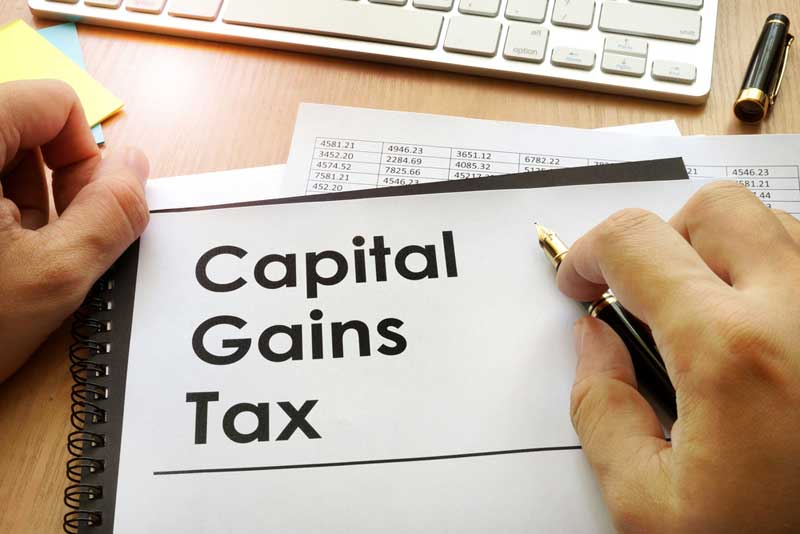What is Capital Gains Tax?
A ‘capital gain’ is the profit you make from selling an investment asset. This generally consists of the money you receive from the sale of the asset, minus the original cost of purchase and other expenses involved in buying or maintaining it. It’s also possible to make a ‘capital loss’ on an investment, when you receive less money for the sale of the item than you have already spent on it.
When you make money from selling an asset, the profits are subject to taxation; this is called Capital Gains Tax (CGT). Real estate is a prime candidate for CGT, although a range of other assets can be taxed this way, such as shares. Capital Gains Tax isn’t actually a separate tax, it is calculated as part of your income tax.
Do I need to pay CGT?
If you make a profit by selling an investment property, it’s likely that you will have to pay some Capital Gains Tax, however the good news is that there are a range of exemptions and discounts available which can minimise or even eliminate CGT from your sale.

It may seem at first glance that the profit from your sale equals the selling price minus the original purchase price. However, this doesn’t take into account any expenses related to the property that you have paid out over the years, such as home improvements, legal fees, agent fees, insurance, interest on your home loan, which should be subtracted in order to work out your true capital gain and avoid being overtaxed.
You may be entitled to a discount on your CGT. Assets held for over 12 months are eligible for a 50% discount on the tax, except for superannuation funds, which have a 33.33% discount.
Some assets are completely exempt from CGT, including properties purchased before 1985 and your main place of residence.
Tips to minimise your Capital Gains Tax
- Keep all financial records involved in the purchase and upkeep of your property.
- If you’ve made a capital loss on any investments in this or a previous financial year, you can offset it against your capital gain to reduce your CGT.
- Plan the timing of the sale with your accountant to maximise your deductions and reduce your overall taxable income for the financial year.
The best tip is always to seek professional advice from a person or entity with the appropriate financial licence; you can contact us to discuss more ways to reduce your Capital Gains Tax when selling your investment property. The above article is not to be considered financial advice.

